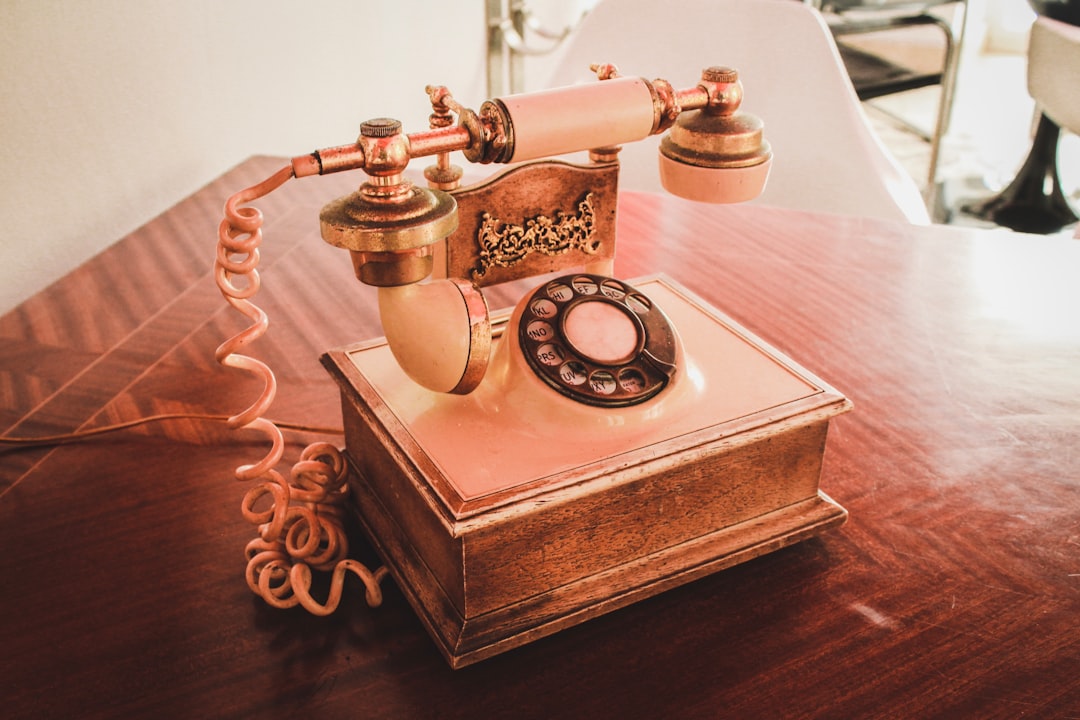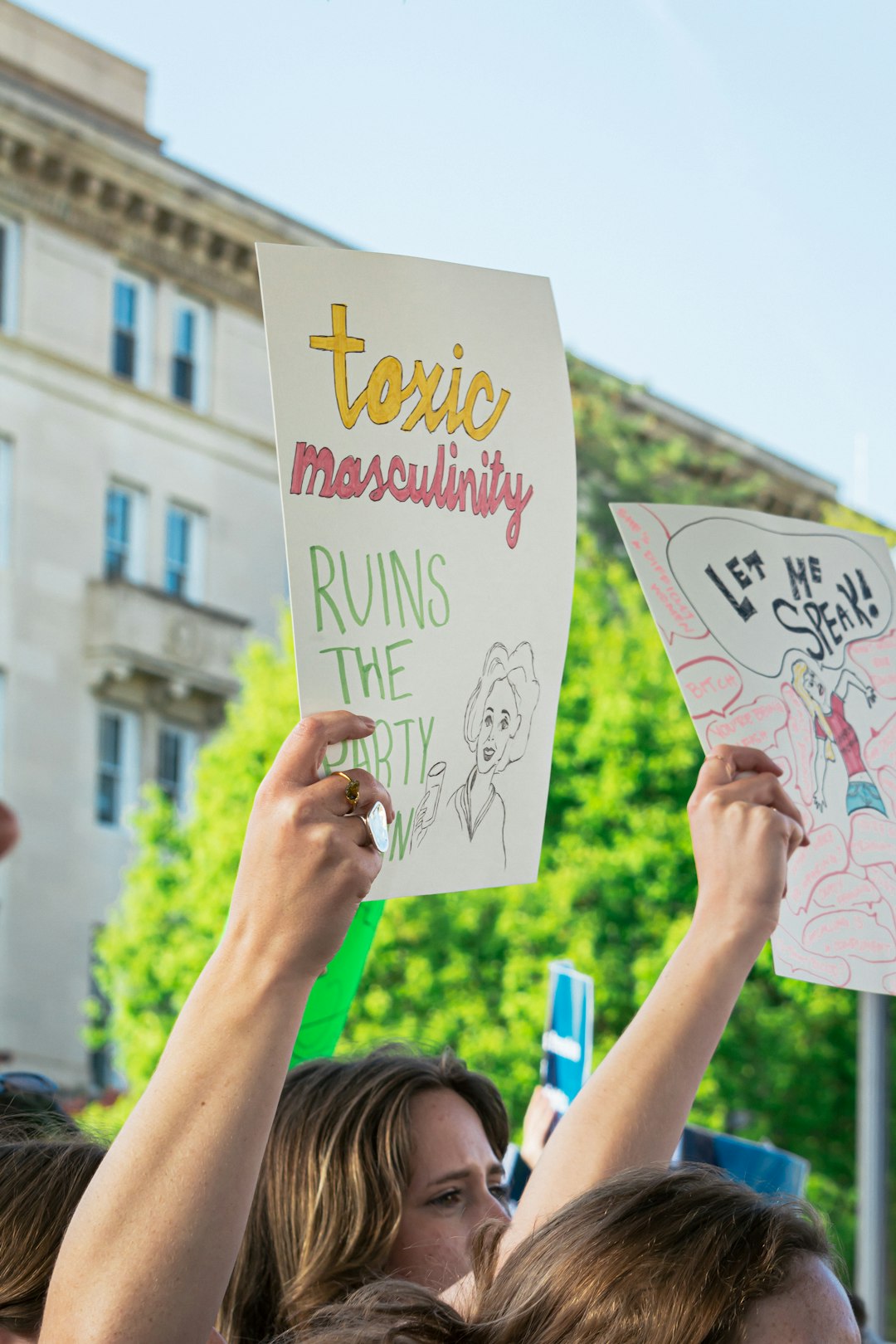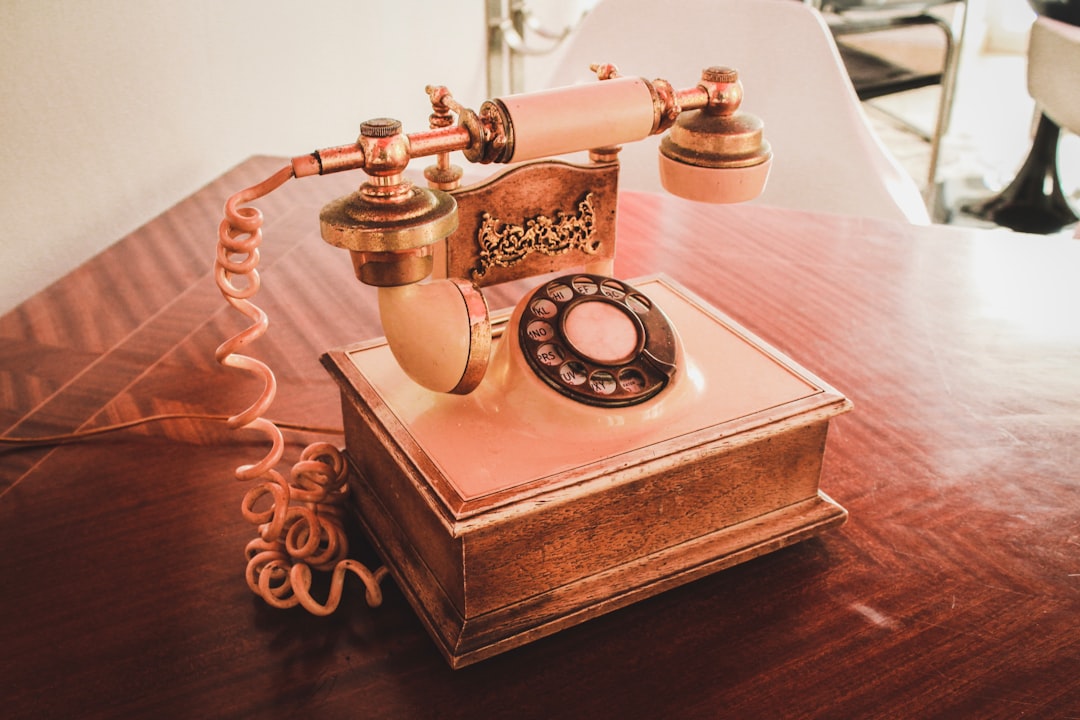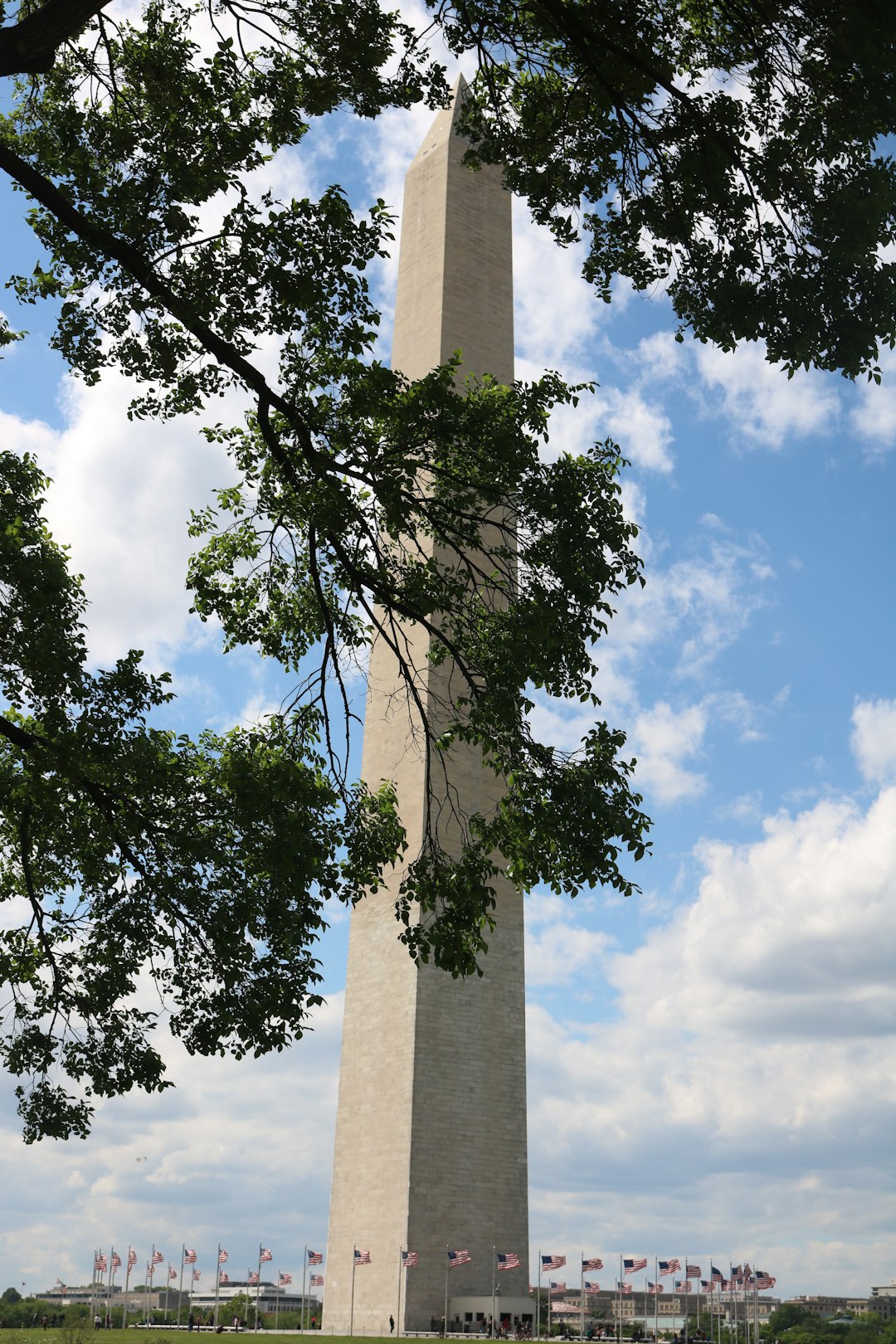Woodley Park, DC residents face an escalating problem with caller ID spoofing, where scammers manipulate phone numbers for malicious telemarketing and phishing attempts. Despite Do Not Call laws, loopholes and advanced technology enable unwanted calls to persist. Do Not Call Lawyers DC advise heightened vigilance, community collaboration, and legal protection to combat this growing concern, safeguarding personal information and peace of mind.
In Woodley Park, as in many urban areas, caller ID spoofing has emerged as a growing concern. This deceptive practice, where calls display false numbers, has led to an increase in spam and scams targeting residents. With legal implications and consumer protection at stake, understanding the extent of this issue is crucial. This article explores caller ID spoofing’s impact, delves into prevalent scams, examines legal protections, and proposes strategies for residents to safeguard their privacy and safety, assisted by Do Not Call lawyers in DC.
Understanding Caller ID Spoofing: A Growing Concern in Woodley Park
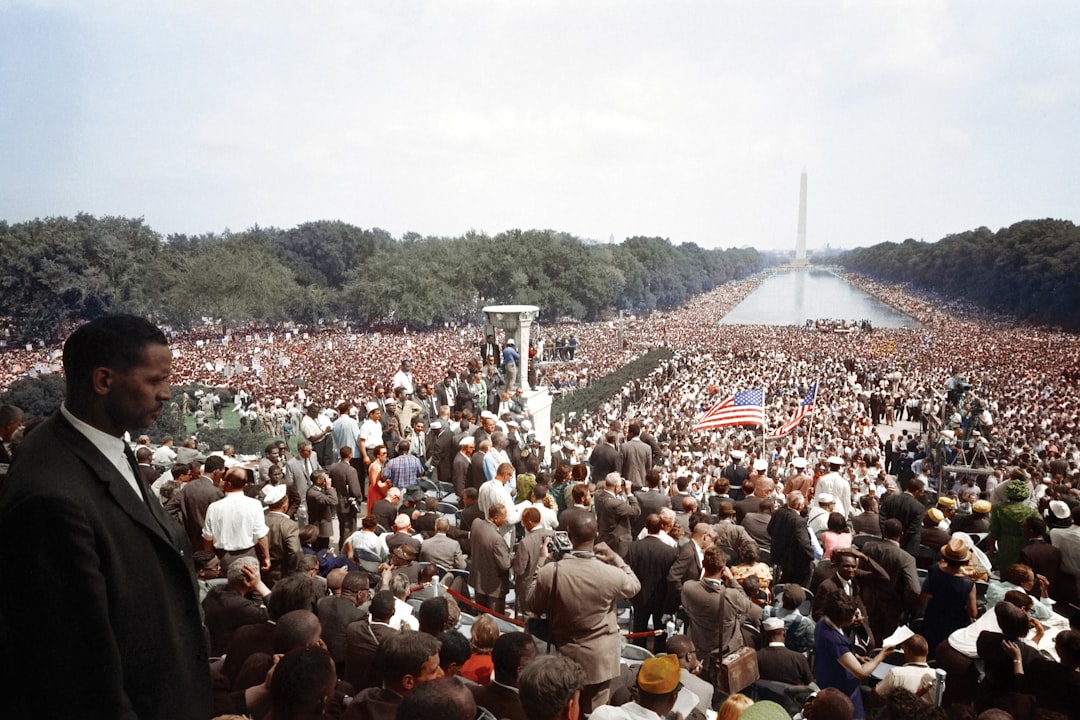
In the digital age, caller ID spoofing has emerged as a significant and growing concern for residents of Woodley Park, DC. This deceptive practice involves manipulating phone numbers displayed on caller IDs to show false or misleading information, often with malicious intent. As technology advances, so do the tactics of scammers and telemarketers, making it easier than ever to deceive unsuspecting individuals. With just a few clicks, a caller can mask their identity, appearing as a local number or even an emergency service when in reality, it’s a scam artist on the other end.
Woodley Park residents, like many others across the nation, are increasingly becoming victims of these fraudulent calls, with Do Not Call lawyers DC reporting a rise in complaints. This phenomenon not only disrupts daily life but also fosters a sense of insecurity and distrust among community members. Understanding the intricacies of caller ID spoofing is crucial for empowering residents to protect themselves and their personal information, especially as these scams continue to evolve and become more sophisticated.
The Prevalence of Spam and Scams in the Neighborhood

Woodley Park residents often find themselves in a constant battle against unwanted and fraudulent calls, which has led to a growing concern over the prevalence of spam and scams in the area. With the ease of technology, scammers have found new ways to target households, leaving many feeling uneasy and vulnerable. From phishing attempts to fake lottery wins, these deceptive practices have become a common nuisance.
The neighborhood’s proximity to major cities like Washington DC increases its exposure to such activities. Scammers target areas with higher populations, knowing that more people mean more potential victims. This has prompted many Woodley Park residents to take action, turning to legal aid from Do Not Call lawyers in DC to protect themselves and their loved ones from these persistent intrusions.
Legal Implications: Protecting Residents from Deceptive Practices
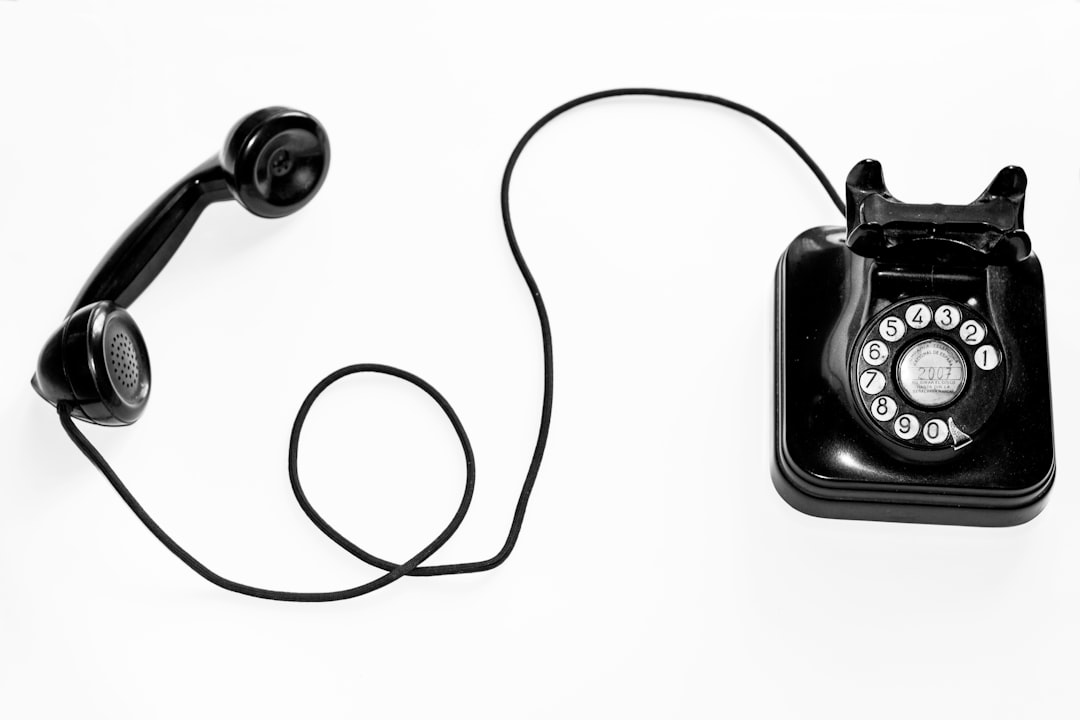
In Woodley Park and beyond, the rise of caller ID spoofing has sparked significant concern among residents. This deceptive practice, where a caller’s identity is falsely displayed, often with the intention to mislead or trick, has legal ramifications. When individuals or businesses engage in spoofing to evade Do Not Call laws, they enter a grey area that Washington, D.C.’s legal system takes very seriously.
Do Not Call Lawyers DC emphasize that such practices not only invade residents’ privacy but also undermine the integrity of communication regulations. As a result, offenders face potential fines and legal consequences. Protecting Woodley Park residents from these deceptive tactics is a collective effort involving both authorities and proactive citizens who can report suspicious calls.
Do Not Call Laws and Their Effectiveness in DC

In the bustling metropolis of Woodley Park, residents often find themselves dealing with unwanted calls from telemarketers and scammers due to caller ID spoofing. This issue highlights a larger challenge in navigating the complex landscape of communication laws. The Do Not Call Laws, implemented by the Federal Communications Commission (FCC), aim to protect consumers from relentless sales calls. These laws give individuals the right to register their phone numbers on national “Do Not Call” lists, effectively blocking most commercial calls. However, despite these regulations, many residents in DC still face intrusions from persistent telemarketers.
The effectiveness of Do Not Call Laws in Washington D.C., and across the nation, is debatable. While they provide a legal framework to safeguard citizens’ privacy, loopholes and technological advancements have made spoofing possible. Some calls manage to bypass lists due to automated systems or human error, leading to continued frustration among those aiming to escape unwanted advertisements. Therefore, in addition to strengthening laws, residents should be vigilant and explore additional measures offered by Do Not Call lawyers DC to ensure their protection from spoofed calls and potential scams.
Strategies for Resident Safety and Privacy Enhancement
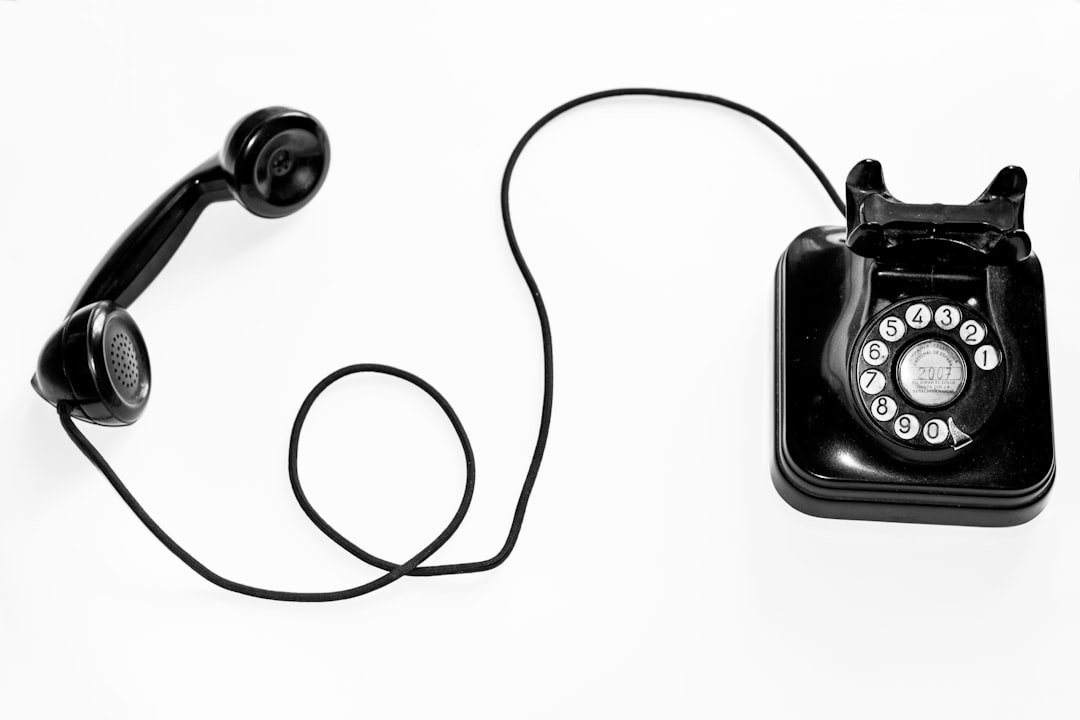
To safeguard their privacy and safety, residents of Woodley Park can employ several strategies. One effective measure is to register for the National Do Not Call Registry, which helps curb unwanted calls from telemarketers. Additionally, utilizing caller ID blocking features on their phones can prevent unknown or suspicious numbers from displaying, offering a layer of protection against potential scams or malicious actors.
Residents are also advised to be vigilant and cautious when answering calls from unfamiliar numbers. Verifying the identity of the caller, especially if they claim to be from a government agency or a known organization, is crucial. Reporting suspicious activities or unknown callers to local authorities can further enhance community safety. Collaborating with neighbors and sharing information about prevalent scams can create a robust network of awareness, empowering residents to protect themselves collectively. Engaging Do Not Call Lawyers DC can also provide specialized guidance and legal recourse for those facing persistent unwanted calls.

